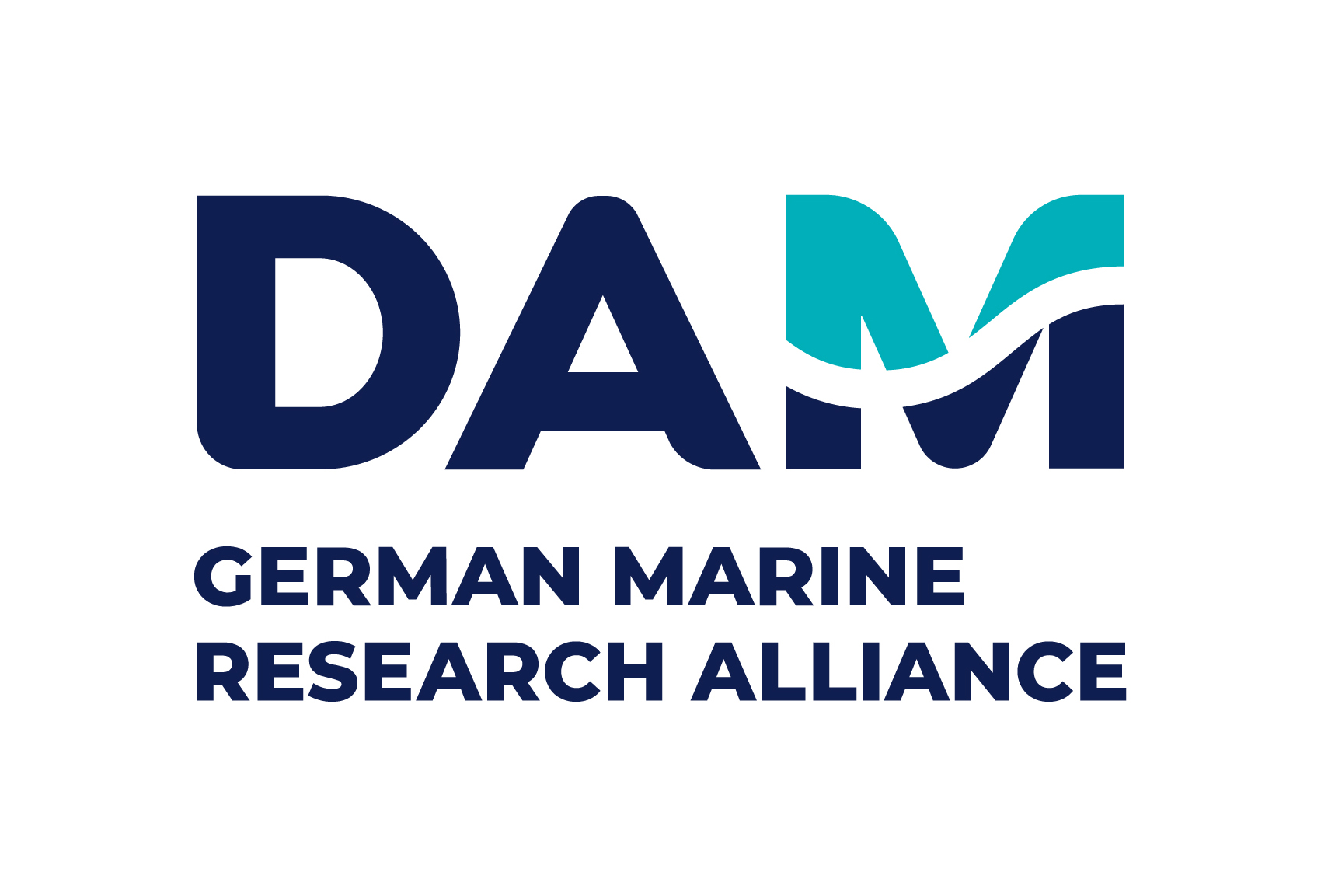Michael Schulz, Deputy Chairman of the Executive Board of DAM, is pleased about this increase: “DAM gives German marine research the opportunity to assume its social responsibility and to contribute towards finding answers to politically relevant scientific questions. The great reception shows that the research institutions are keen to meet this challenge.”
The aim is sustainable management of the oceans and seas
DAM was jointly founded last July by German marine research institutions, the federal government and the northern German states of Bremen, Hamburg, Mecklenburg-Vorpommern, Lower Saxony and Schleswig-Holstein. It aims to strengthen the sustainable use of the coasts, seas and oceans through research, data management and digitisation, infrastructure and knowledge transfer.
A broad member base from various scientific organisations
As research museums, departmental research institutions and universities, the new members are broadening the base of DAM even further. It already brings together universities and research institutions such as Helmholtz Centres, Leibniz and Max Planck Institutes.
Forschungszentrum Küste, jointly established by the Leibniz University Hannover and the Technische Universität Braunschweig, and the University of Greifswald will contribute expertise in coastal engineering and marine biotechnology to the alliance and are to become full members. The two departmental research institutes – the BGR is part of the Federal Ministry for Economic Affairs and Energy and the BSH is the supreme federal maritime authority within the Federal Ministry of Transport and Digital Infrastructure – will become associate members. As such, they can also participate in all DAM activities.
A knowledge operator in the solution and implementation space of marine research
“Involving the departmental research institutions means that we can address the concerns of the ministries particularly effectively,” explains Michael Bruno Klein, Chairman of DAM’s Executive Board. “The public authorities also have extensive experience in implementing a knowledge base for future action. Our close cooperation will support DAM’s solution-oriented research approach, making them a perfect match.”
Using knowledge effectively through transfer
DAM places a strong emphasis on the transfer of knowledge. For this reason, the two research museums are also very important as new associate members. “In order to achieve our goals, we want to enter into exchange with representatives from society, politics and business,” says the Chairman of the Board. “The museums are experts in presenting knowledge clearly and comprehensibly for specific target groups. But they also conduct their own research and can thus make a twofold contribution, which we are very much looking forward to and which is fundamental to DAM.”
This is a press release from the German Marine Research Alliance (DAM)
Contact
German Marine Research Alliance (DAM)
Eva Söderman
Wissenschaftsforum
Markgrafenstraße 37, 10117 Berlin
Tel.: +49 (0)30 804 945 66
soedermandeutsche-meeresforschungde
www.allianz-meeresforschung.de


